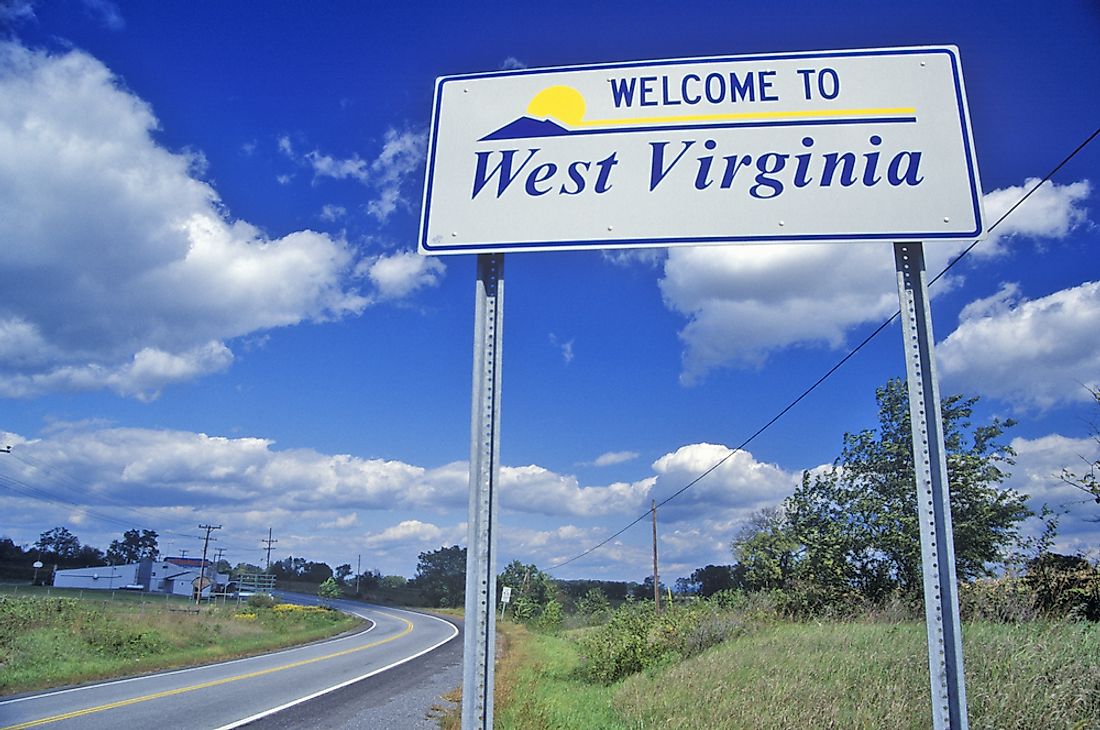Why Is There a Virginia and a West Virginia?

Virginia and West Virginia
Virginia and West Virginia are two separate states within the US. Sometimes, West Virginia is mistaken as the western part of Virginia. However, this is not the case as the two have been different states since 1863, when West Virginia seceded.
Virginia
Virginia is the 35th largest state in the US sharing the borders with West Virginia, Kentucky, Maryland, Washington DC, the Atlantic Ocean, Tennessee and North Carolina. Richmond is Virginia’s capital. Virginia seceded from the US in 1861 to become a Confederate state and was restored to the US in 1870. Virginia is known for its role in the American civil war, and the battles fought include Bull Run, Seven Days Battle, the Battle of Chancellorsville, and the Battle of the Cold Harbour.
West Virginia
West Virginia is located in the southern part of the US bordered by Kentucky, Ohio, Pennsylvania, Maryland and Virginia. West Virginia was formed during the civil war like Nevada. The most notable feature in the state is the mountainous terrain with rolling hills which attract a variety of outdoor activities including mountain biking and mountaineering.
Reasons for the Separation of Virginia and West Virginia
While eastern and western Virginia officially separated in the 19th century, disputes existed between them from 1776. Discrimination of poor westerners by the wealthy and more powerful easterners fuelled these conflicts. The easterners had both political and economic power over the westerners. The easterners enjoyed privileges such as voting rights due to their wealth which left the Westerners at their mercy. Separation of voting rights from property ownership as well as secret ballot voting allowed westerners to finally have a voice. Besides voting rights, the western parts of Virginia remained underdeveloped due to the eastern regions having more focus. The Wild West was ignored as a poor area to develop. The westerners also felt that the mountains created a natural barrier between the counties in the west and the east, suggesting the separation of the two sections. The westerners felt oppressed by the existing tax system which favored the wealthy property owners from the east while oppressing the independent western farmers. The taxing of crops and livestock at full value led to further feelings of isolation and manipulation from the east. The westerners demanded constitutional reforms, which was achieved in the constitutional convention of 1829-1830 in Richmond. The approval of the constitution led to rising demands for secession. Later in 1931, the abolitionist movement was formed fighting against slavery on moral grounds and to provide paying jobs for the white laborers. Though the constitution seemed to bring the easterners and westerners closer politically, their feelings about various issues like slavery were still conflicting. The execution of the abolitionist John Brown on December 2, 1859 led to mixed reactions and was one of the contributing factors to the American civil war accelerating the secession of West Virginia.
The Secession of West Virginia
The civil war fueled the secession of West Virginia from Virginia. West Virginians voted for secession and were allowed into the union as a state on June 20th, 1863 following the approval of West Virginia as an independent state. President Abraham Lincoln proclaimed the admission of the state.











